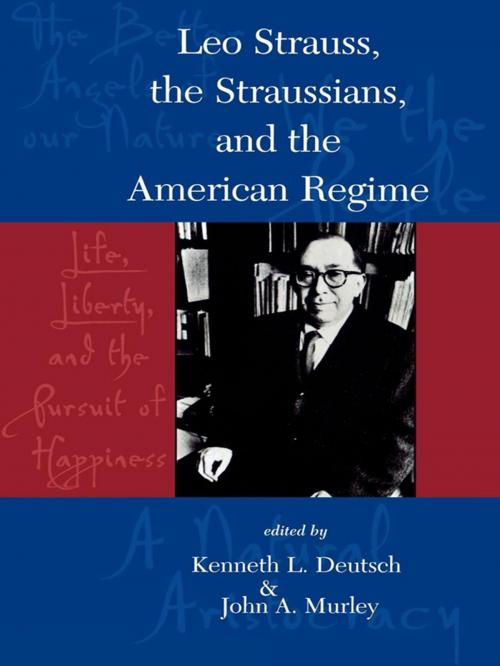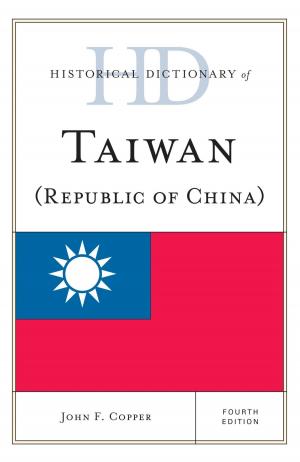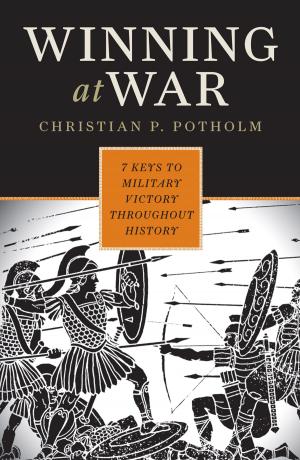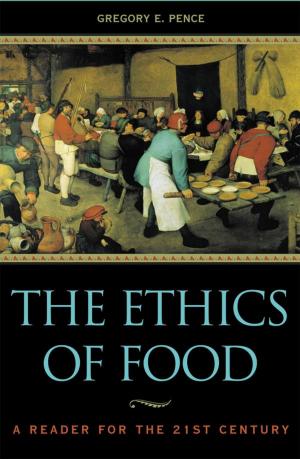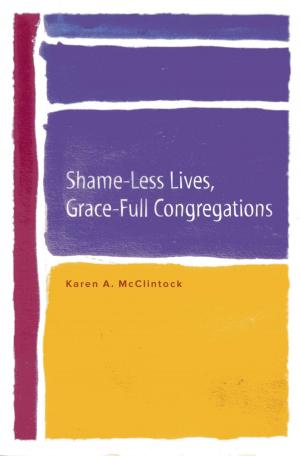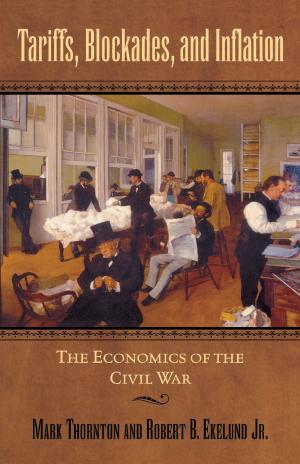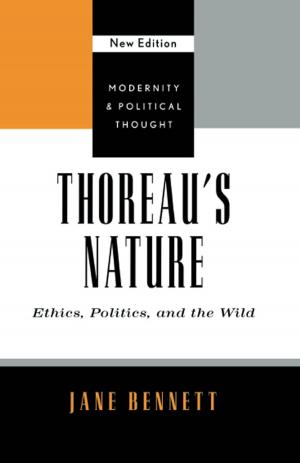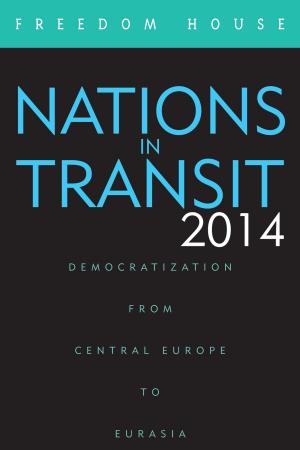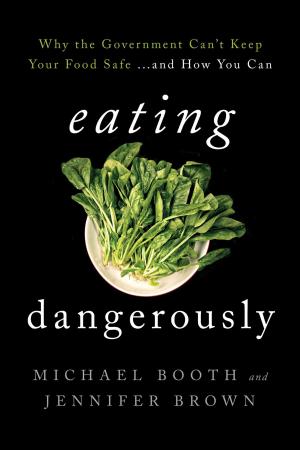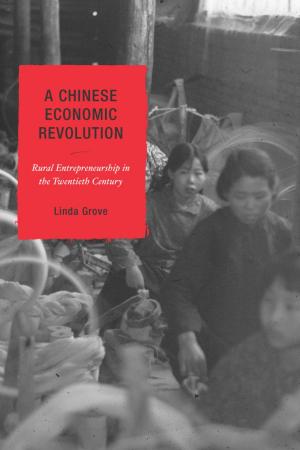Leo Strauss, The Straussians, and the Study of the American Regime
Nonfiction, Religion & Spirituality, Philosophy, Political| Author: | Kenneth L. Deutsch, John A. Murley, George Anastaplo, Hadley Arkes, Larry Arnhart, Laurence Berns with Eva Brann, Mark Blitz, Aryeh Botwinick, Christopher A. Colmo, Joseph Cropsey, Kenneth Deutsch, Murray Dry, Robert Eden, Miriam Galston, Gary D. Glenn, Harry Jaffa, Charles Kesler, Carnes Lord, John A. Marini, Eugene Miller, Will Morrisey, John Murley, Walter Nicgorski, Susan Orr, Ralph Rossum, Gary J. Schmitt, Abram Shulsky, Gregory Bruce Smith, Ronald Terchek, Michael Zuckert, William A. Galston, Senior Fellow | ISBN: | 9781461600671 |
| Publisher: | Rowman & Littlefield Publishers | Publication: | September 28, 1999 |
| Imprint: | Rowman & Littlefield Publishers | Language: | English |
| Author: | Kenneth L. Deutsch, John A. Murley, George Anastaplo, Hadley Arkes, Larry Arnhart, Laurence Berns with Eva Brann, Mark Blitz, Aryeh Botwinick, Christopher A. Colmo, Joseph Cropsey, Kenneth Deutsch, Murray Dry, Robert Eden, Miriam Galston, Gary D. Glenn, Harry Jaffa, Charles Kesler, Carnes Lord, John A. Marini, Eugene Miller, Will Morrisey, John Murley, Walter Nicgorski, Susan Orr, Ralph Rossum, Gary J. Schmitt, Abram Shulsky, Gregory Bruce Smith, Ronald Terchek, Michael Zuckert, William A. Galston, Senior Fellow |
| ISBN: | 9781461600671 |
| Publisher: | Rowman & Littlefield Publishers |
| Publication: | September 28, 1999 |
| Imprint: | Rowman & Littlefield Publishers |
| Language: | English |
Responding to volatile criticisms frequently leveled at Leo Strauss and those he influenced, the prominent contributors to this volume demonstrate the profound influence that Strauss and his students have exerted on American liberal democracy and contemporary political thought. By stressing the enduring vitality of classic books and by articulating the theoretical and practical flaws of relativism and historicism, the contributors argue that Strauss and the Straussians have identified fundamental crises of modernity and liberal democracy. This book emphasizes the broad range of Strauss's influence, from literary criticism to constitutional thought, and it denies the existence of a monolithic Straussian political orthodoxy. Both critics and supporters of Strauss' thought are included. All political theorists interested in Strauss's extraordinary impact on political thought will want to read this book.
Responding to volatile criticisms frequently leveled at Leo Strauss and those he influenced, the prominent contributors to this volume demonstrate the profound influence that Strauss and his students have exerted on American liberal democracy and contemporary political thought. By stressing the enduring vitality of classic books and by articulating the theoretical and practical flaws of relativism and historicism, the contributors argue that Strauss and the Straussians have identified fundamental crises of modernity and liberal democracy. This book emphasizes the broad range of Strauss's influence, from literary criticism to constitutional thought, and it denies the existence of a monolithic Straussian political orthodoxy. Both critics and supporters of Strauss' thought are included. All political theorists interested in Strauss's extraordinary impact on political thought will want to read this book.
